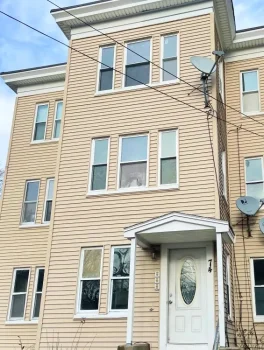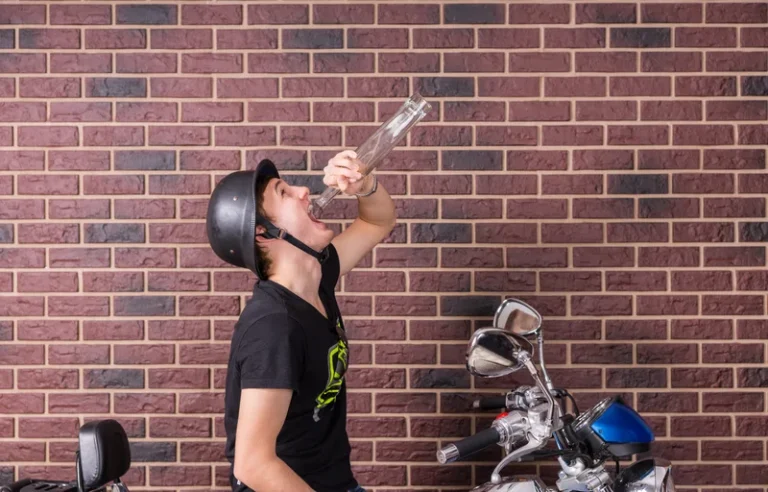Alabama Alliance For Recovery Residences

Level 1 Peer (P) residences are democratically run homes where the residents self-govern by a set of “house rules” and share monthly expenses. The views expressed in written conference materials or publications and by speakers and moderators do not necessarily reflect the official policies of the Department of Health and Human Services; nor does mention of trade names, commercial practices, or organizations imply endorsement by the U.S.
Recovery Community Centers

As president of NARR, Darrell Mitchell exemplifies transformative leadership within the recovery residence sector. He has played a significant role in advancing recovery housing standards both statewide and nationally as the founder of the Indiana Affiliation of Recovery Residences (INARR). A pivotal advocate for legislative progress, Darrell was instrumental in embedding Recovery Housing standards into Indiana law in 2017—a landmark achievement in the advocacy for recovery residences. Darrell’s educational background from Purdue University and advanced degrees in Addictions Counseling and Business Administration from Indiana Wesleyan University underpin his comprehensive approach to leadership within the recovery community.
Community
We envision all persons in recovery from addiction having access to the recovery support they need to live happier, healthier lives. We believe everyone should have a safe, supportive and nurturing home environment in early recovery. Recovery residences house individuals who seek a living environment focused on the whole-person approach to recovery and are actively receiving Outpatient Treatment or Recovery Services under BHS SUD contract or recovery services.
- The National Alliance for Recovery Residences (NARR) was founded in 2011 to fill a void in the field of addiction recovery services.
- The purpose of this document is to answer some of the most frequently asked questions about recovery residences.
- Established to set and maintain high standards for recovery residences, NARR’s goals include ensuring that individuals in recovery have access to safe and recovery-focused living environments that support their journey towards long-term recovery.
FAQ about Recovery Residences
We operate in partnership with a network of state-level affiliate organizations which implement NARR’s standards and programs in their states. Chris Edrington has made significant contributions to the sobriety and recovery residence landscape. He founded St. Paul Sober Living and worked to create supportive recovery environments in Minnesota and Colorado, resulting in policy advancements within the industry.
Your support directly contributes to the expansion of safe, quality recovery residences nationwide, making a lasting impact on individuals and families on their journey to healing. The purpose of the RRA is to provide recovery residence operators, housing participants and the community with tools and resources to promote high-quality recovery residences. In contrast to a rating system (e.g. one star versus four-star), the NARR Levels distinguish between types (categories) of recovery residences, which differ in the New Beginning Recovery Review kind and intensity of services and supports they provide. Matching an individual with the appropriate level of support is both recovery supportive and cost-effective. With distinct service levels now uniformly defined, the standard enables those seeking recovery to identify optimal environments matched to their needs. As the cornerstone framework for recovery housing nationally, NARR’s standard has brought accountability and clarity to a previously fragmented landscape.
Recovery Residences
Individuals considering recovery residences for themselves or their loved ones are strongly encouraged to inquire about any regulatory organizations with which a potential residence is affiliated and whether or not it is certified in states where certification is available. Dr. Ashley E. Stewart stands at the forefront of diversity, inclusion, and social work, focusing her research on identity, structural oppression, and recovery health equity. Her work as an educator and consultant is pivotal in advancing policies that address health disparities and support recovery from substance use disorders. At Temple University’s School of Social Work, Dr. Stewart’s role further enables her to impact the next generation of social work professionals. The term “Recovery Residence” was adopted by NARR and refers to standards-based recovery housing. As the sole Michigan NARR Affiliate, MARR certifies provider compliance with the NARR standards and code of ethics.

Faith-Based Recovery Support
NARR commits to upholding high operational standards for recovery residences, ensuring safe, healthy, and effective living environments that facilitate personal growth and recovery. George Braucht’s 14,000+ hours of supervised psychotherapy and community psychology experience significantly contributes to workforce development and social justice initiatives in behavioral health. With over three decades in legal and leadership roles, Jeff Van Treese’s work as President of the Michigan Association of Recovery Residences and his involvement in state committees significantly contribute to the recovery community.
Darrell’s involvement in various boards and councils further reflects his dedication to enhancing recovery support frameworks. National Alliance for Recovery Residences (NARR) is a leading nonprofit organization dedicated to expanding the availability of well-operated, ethical, and supportive recovery housing across the United States. Established to set and maintain high standards for recovery residences, NARR’s goals include ensuring that individuals in recovery have access to safe and recovery-focused living environments that support their journey towards long-term recovery. NARR is a national organization with a unique two-tier organizational structure that combines national reach and influence with state-level knowledge and accountability.

In establishing these definitions, NARR pursued an inclusive approach, gathering input from leading regional and national recovery housing groups, as well as individual recovery residence providers with decades of specialized experience. The resulting standard reflects the shared wisdom and strengths of the entire recovery residence community. The National Association of Recovery Residences (NARR) broke new ground in 2011 by creating the first-ever national recovery residence standard.

Commenti recenti